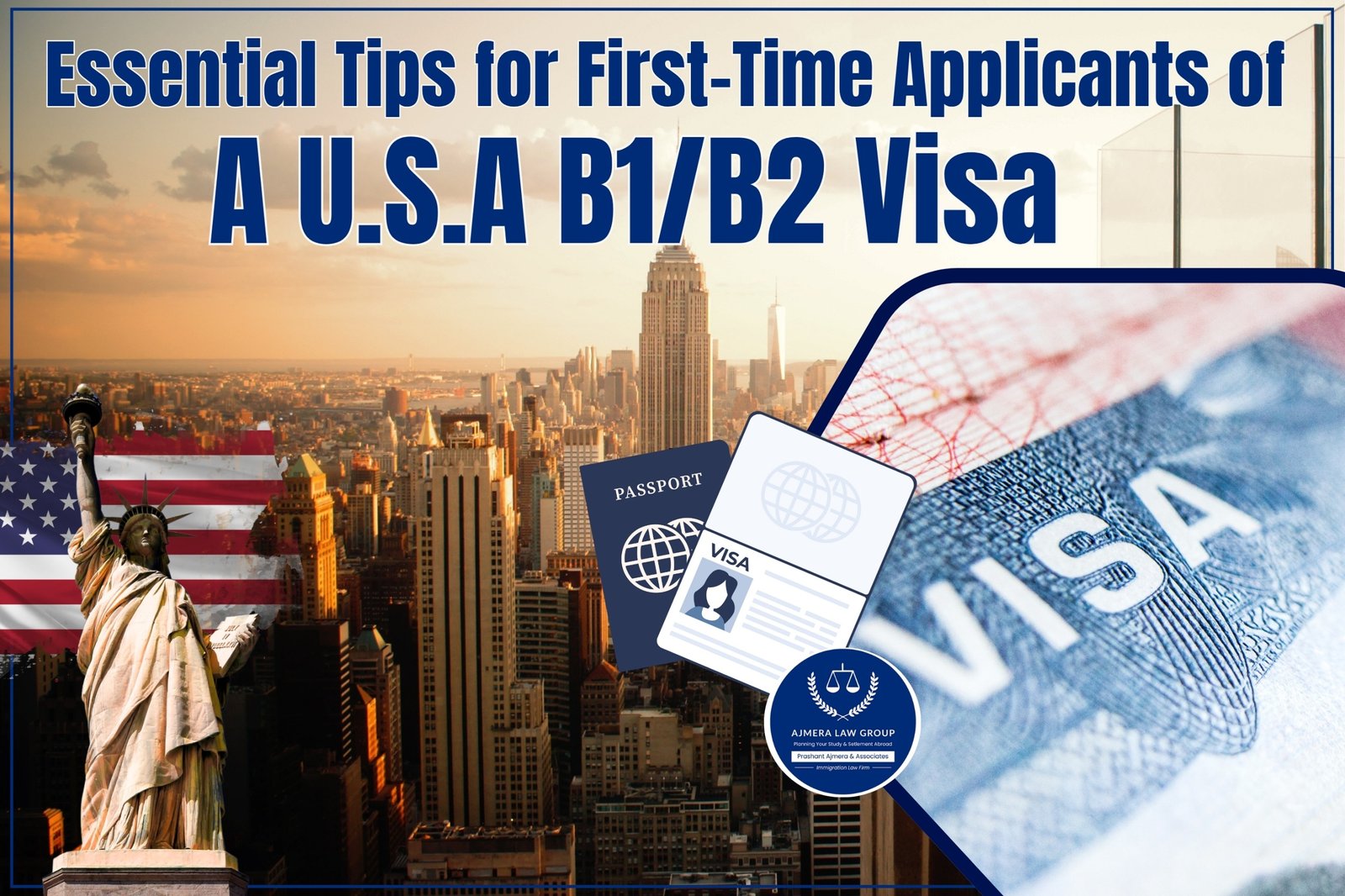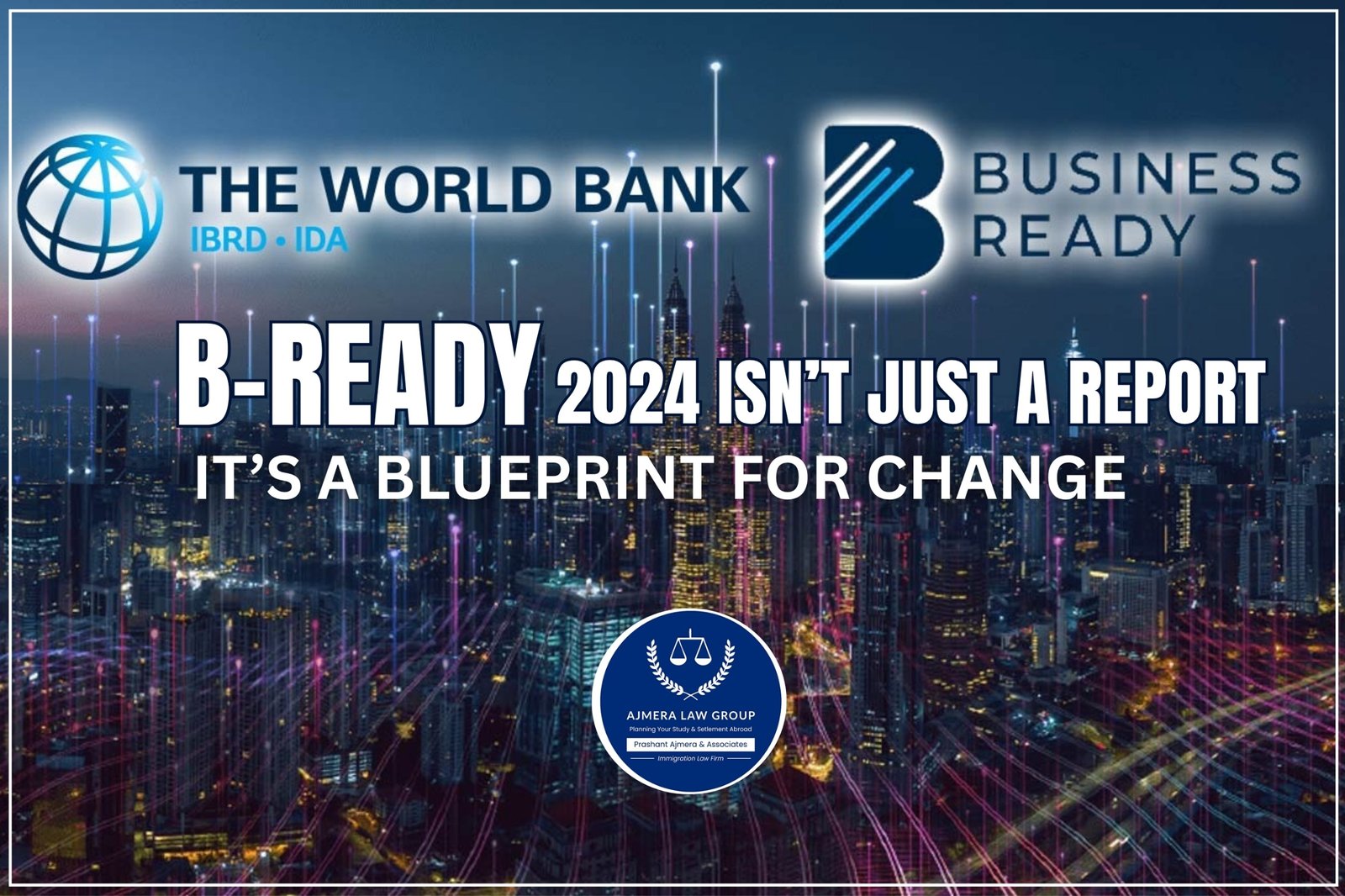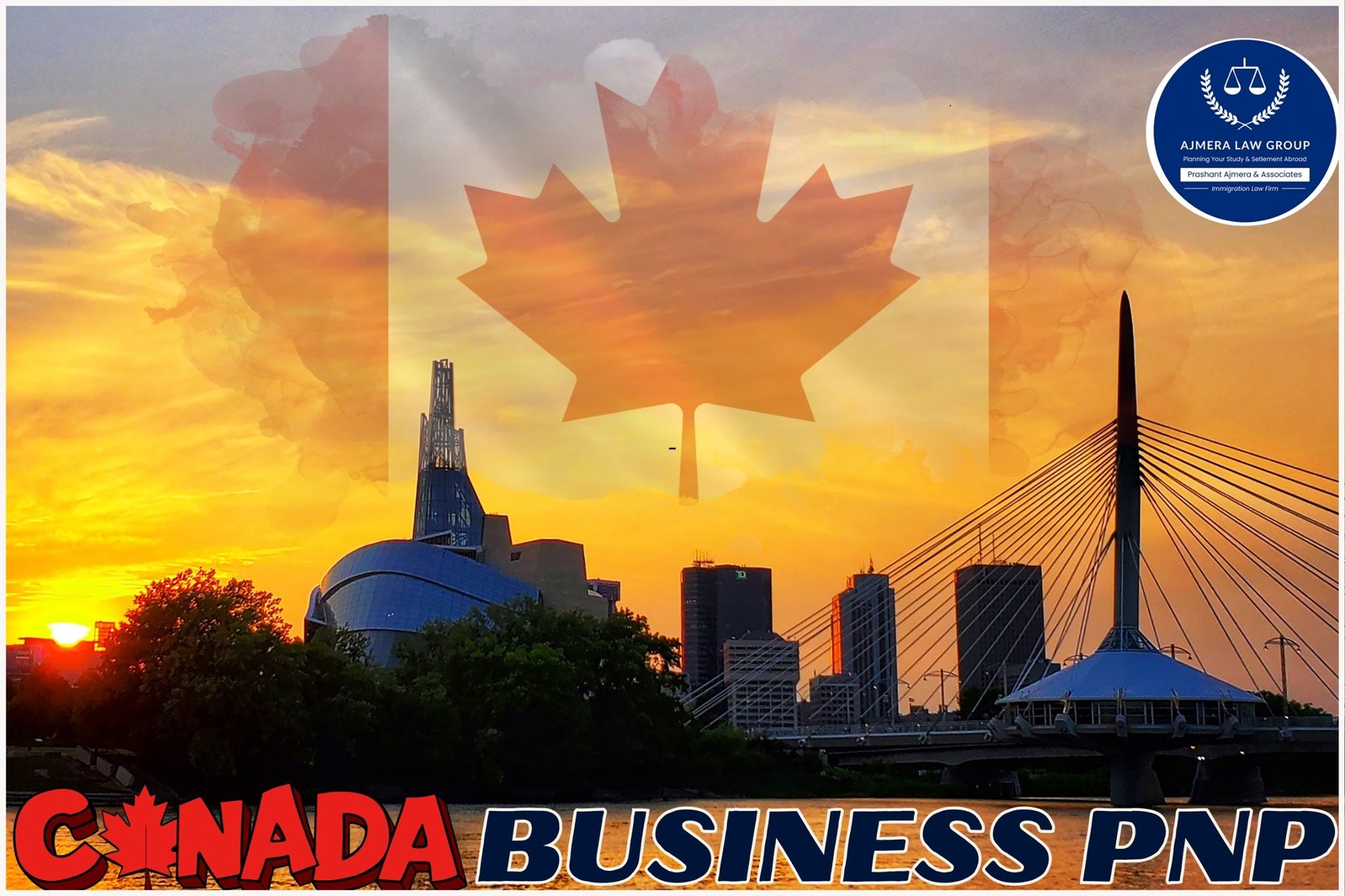Essential Tips for First-Time Applicants of a U.S. B1/B2 Visa
The B1/B2 visa is a non-immigrant visa for temporary visitors to the United States. It is intended for individuals traveling for business (B1) or tourism/medical purposes (B2). Here’s a step-by-step guide:
- Determine Eligibility:
- Confirm the purpose of your visit (business, tourism, or medical treatment).
- Ensure that you have NO intent to immigrate or stay beyond the allowed period.
- Complete the DS-160 Form:
- Visit the Consular Electronic Application Center (CEAC) and fill out the DS-160 form.
- Upload a recent photograph that meets U.S. visa requirements.
- Pay the Visa Fee:
- Pay the non-refundable visa application fee (approximately $160 as of now) through the appropriate payment method in your country.
- Schedule the Interview:
- Book an appointment at the nearest U.S. Embassy or Consulate.
- If applicable, schedule a separate biometric appointment for fingerprints and photographs.
- Prepare Supporting Documents:
Bring the following documents to your interview:
- Passport (valid for at least six months beyond your intended stay).
- DS-160 Confirmation Page.
- Visa Fee Receipt.
- Appointment Confirmation Letter.
- Evidence of Strong Ties to Your Home Country:
- Employment verification letter.
- Property ownership documents.
- Family-related ties.
- Financial Evidence: Bank statements, tax returns, or proof of income.
- Trip Details: Travel itinerary, hotel bookings, or invitation letter (if visiting family/friends).
- Business Purpose Documents (for B1): Meeting agendas, letters from U.S. business partners, etc.
- Medical Treatment Evidence (for B2): Doctor’s letter, diagnosis, treatment plan, and proof of ability to pay.
- Attend the Visa Interview:
- Be prepared to answer questions about your travel purpose, finances, and ties to your home country.
- Provide truthful, concise answers.
Common Mistakes Made by Applicants:
- Incomplete or Incorrect DS-160 Form:
- Errors in personal information or inconsistent details can lead to delays or rejections.
- Inadequate Supporting Documents:
- Failing to provide proof of financial stability or strong ties to the home country.
- Unclear Purpose of Visit:
- Vagueness or inconsistency in explaining the reason for your trip can raise red flags.
- Providing Misleading Information:
- Any form of dishonesty, such as false employment claims or fabricated documents, will result in visa denial and possible bans.
- Lack of Preparation for the Interview:
- Appearing nervous or giving unclear answers can indicate a lack of credibility or intent.
- Overemphasis on Relatives in the U.S.:
- Focusing too much on family connections may lead to suspicion of immigration intent.
- Poor Financial Proof:
- Insufficient funds or inability to justify how you will finance your trip.
- Overconfidence or Aggressiveness:
- Being overly assertive or challenging the consular officer during the interview can be detrimental.
- Previous Overstay or Immigration Violations:
- Past visa violations can lead to automatic denial unless satisfactorily addressed.
- Not Researching Travel Restrictions:
- Applying during periods when travel restrictions or bans are in place without understanding them.
Tips for Success:
- Be truthful and consistent in your application and during the interview.
- Demonstrate strong ties to your home country.
- Clearly articulate your travel plans and show evidence of financial preparedness.
- Dress appropriately and maintain a polite, professional demeanor during the interview.
By avoiding common mistakes and preparing thoroughly, applicants can significantly improve their chances of obtaining a B1/B2 visa.
The author of this article is Mr. Prashant Ajmera, an Indian immigration lawyer and Canadian citizen. He is the founder of Ajmera Law Group and the author of two books, “Millionaires On The Book” and “How to Plan for Your Child’s Foreign Education.” Over the past 30 years, he has assisted and advised over 30,000 students and families on planning their foreign education and settlement. He regularly speaks at various forums on this subject.
Ajmera Law Group: Mo: +91 9974253030 | info@ajmeralaw.com | www.ajmeralaw.com





